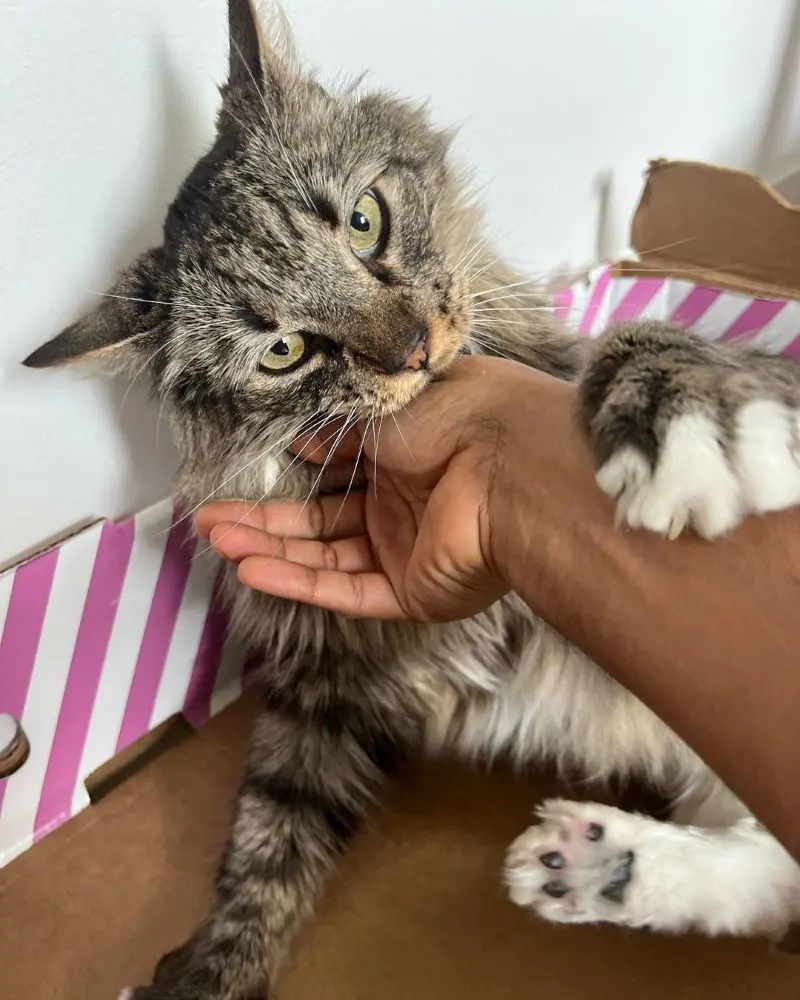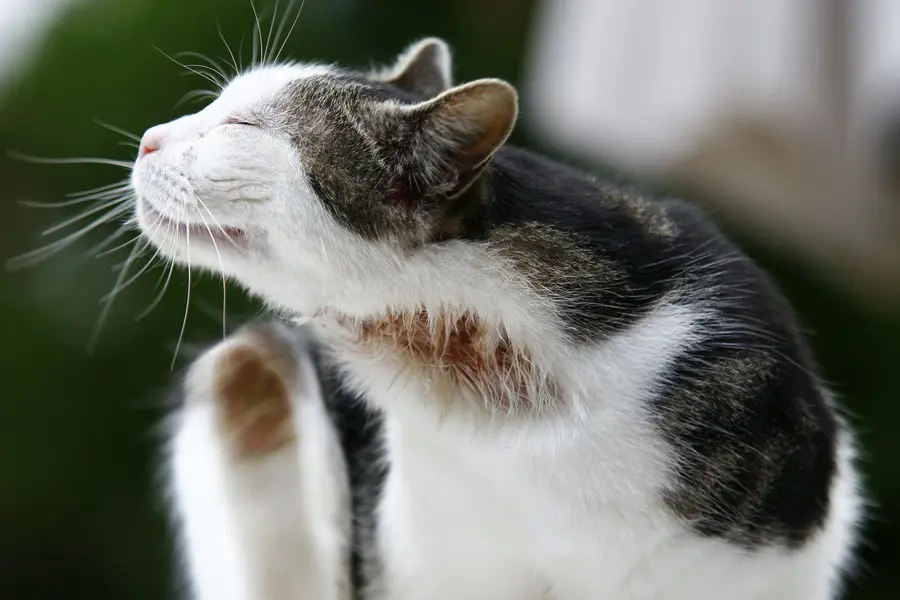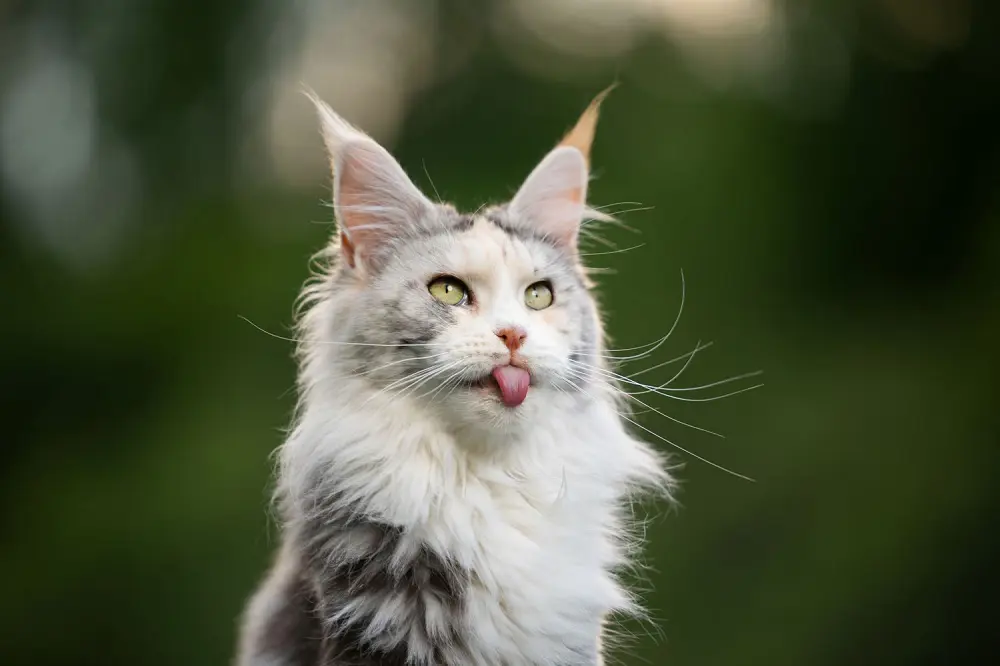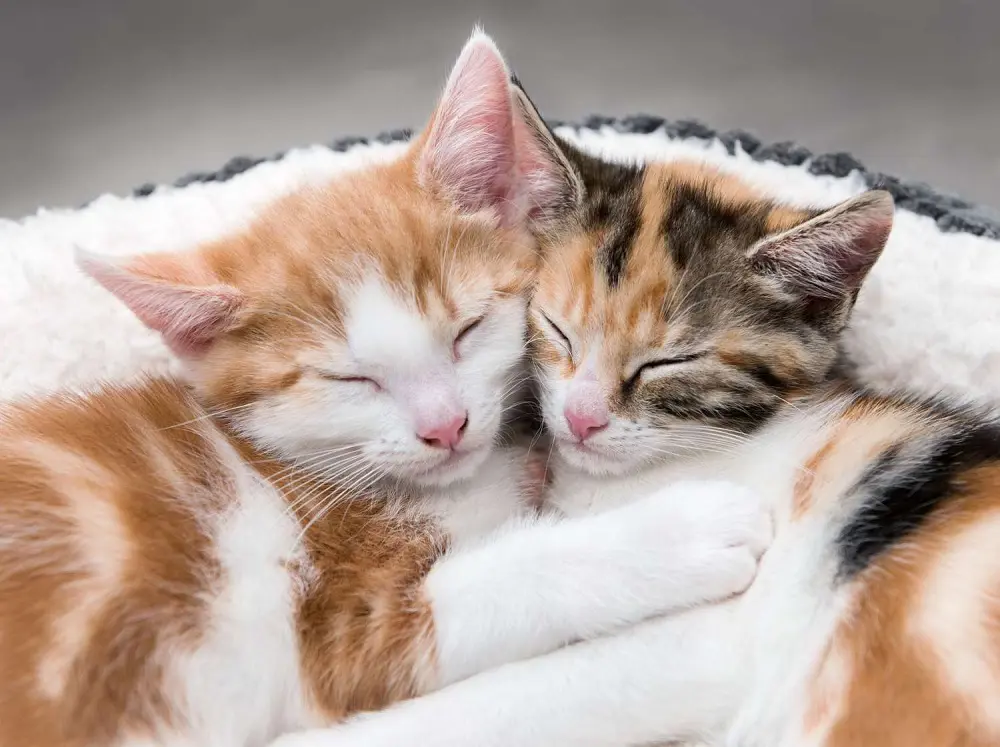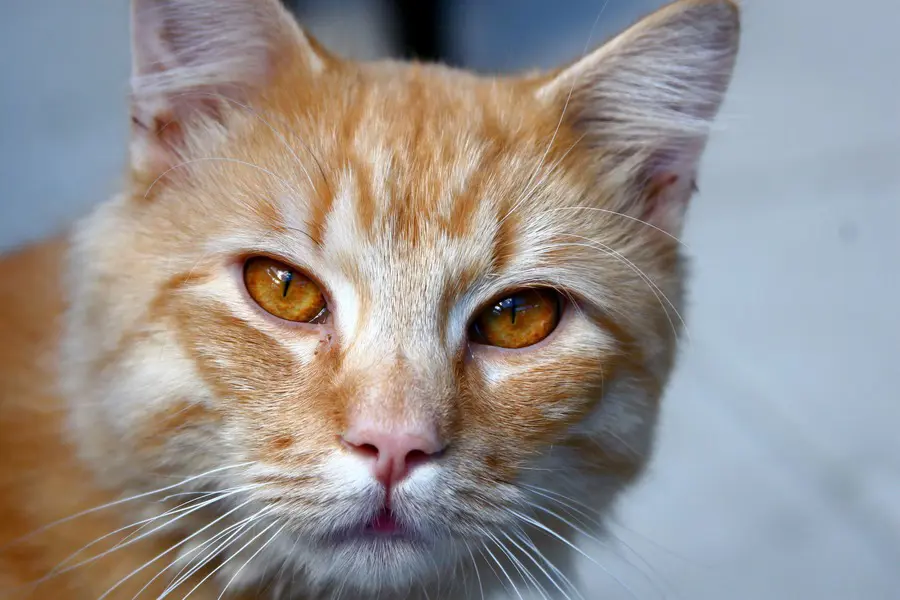Why Is My Cat Lethargic? 20 Possible Causes
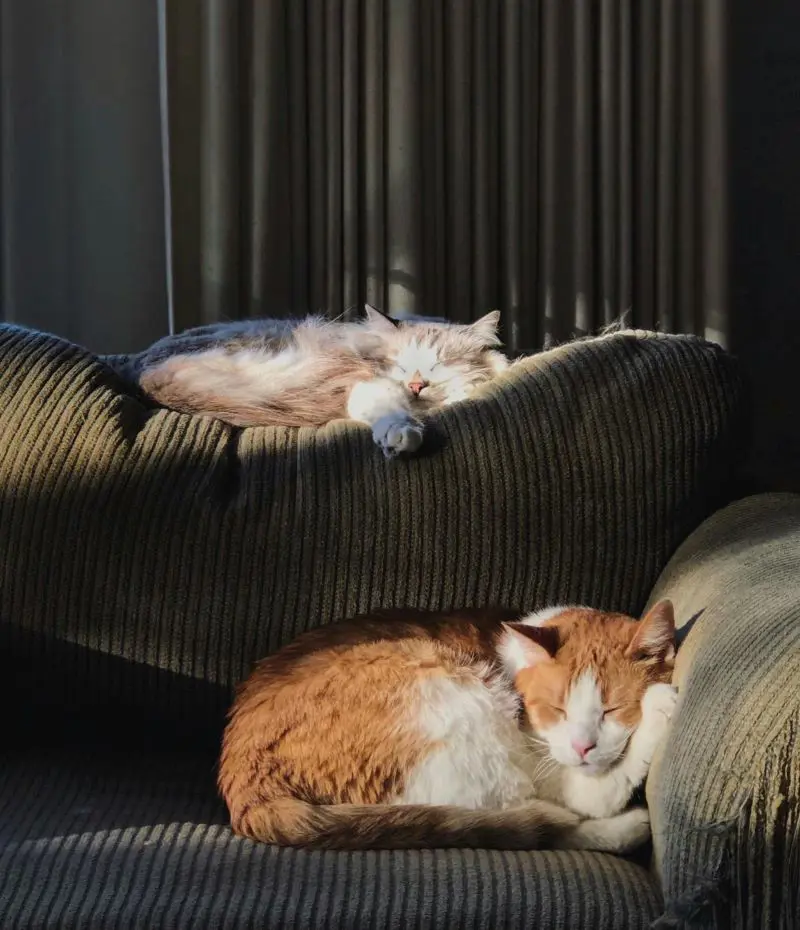
Cats are known for their playful and curious nature, so when your feline friend suddenly becomes lethargic, it's natural to be concerned. Lethargy in cats can manifest as an unusual lack of energy, decreased interest in activities they once enjoyed, and prolonged periods of rest or sleep.
Various causes contribute to the lethargy making them dull and inactive with decreased energy levels in the body. Symptoms that can be seen include abnormal sleepiness, lower energy levels, and lack of immune response to surroundings. It is a disease in itself and can be a sign that something is wrong with your cat.
1. Pain
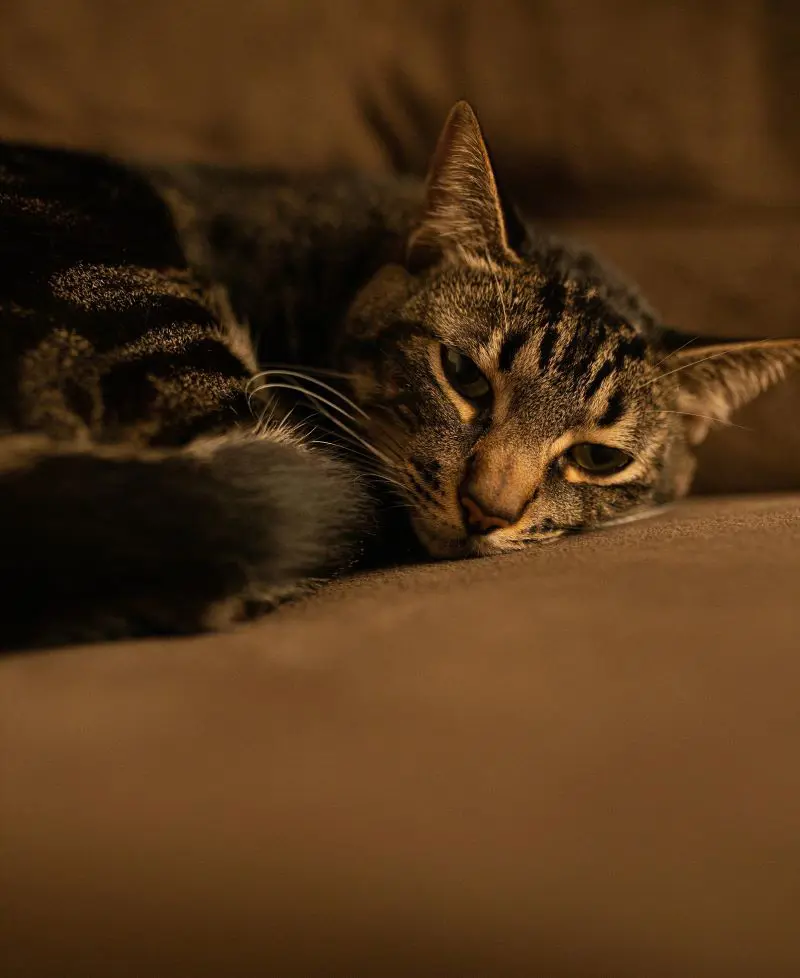
Most people mistakenly believe that cats always vocalize when in pain. However, lethargy can be a major sign that your cat is in pain even though the cats are masters at hiding their pain. It can create a challenge for owners to identify whether their feline friend is in pain or not.
Many possible causes of pain include trauma, an external wound, dental disease, slipped disks in the spine, blood clots, twisted organs, etc. Even minor injuries can lead to pain and lethargy. They may show signs of limping, swelling, or guarding a specific area in their body. The older ones are especially vulnerable to arthritis, which causes stiffness, pain, and reduced mobility, resulting in a change in body posture.
2. High Temperature
It is the most common cause of sudden lethargy in cats. It most commonly happens when the body's immune system reacts to bacterial presence or viruses due to the body's natural defense system.
Sometimes the same reaction can be seen for one or two days after the vaccination. The slightly rising temperature can be a normal response and may not be worrying as long as the cats have no other signs of illness. When the body is overheated, it diverts energy away from normal functions to focus on cooling down. It further decreases activity level making your cat lethargic.
3. Infections
Infections may be either bacterial, viral, or fungal. It may arise from a wound, bite, or even from the injections itself causing your cat pain and fever.
To fight these infections, the body's immune system works overtime releasing the energy within them, leaving the cat tired and listless. The infections and illnesses attached to other infections like the digestive tract, inflammatory bowel disease, kidney and liver issues, diabetes, leukemia virus, and other viral infections can contribute to lethargy.
4. Recent Vaccinations
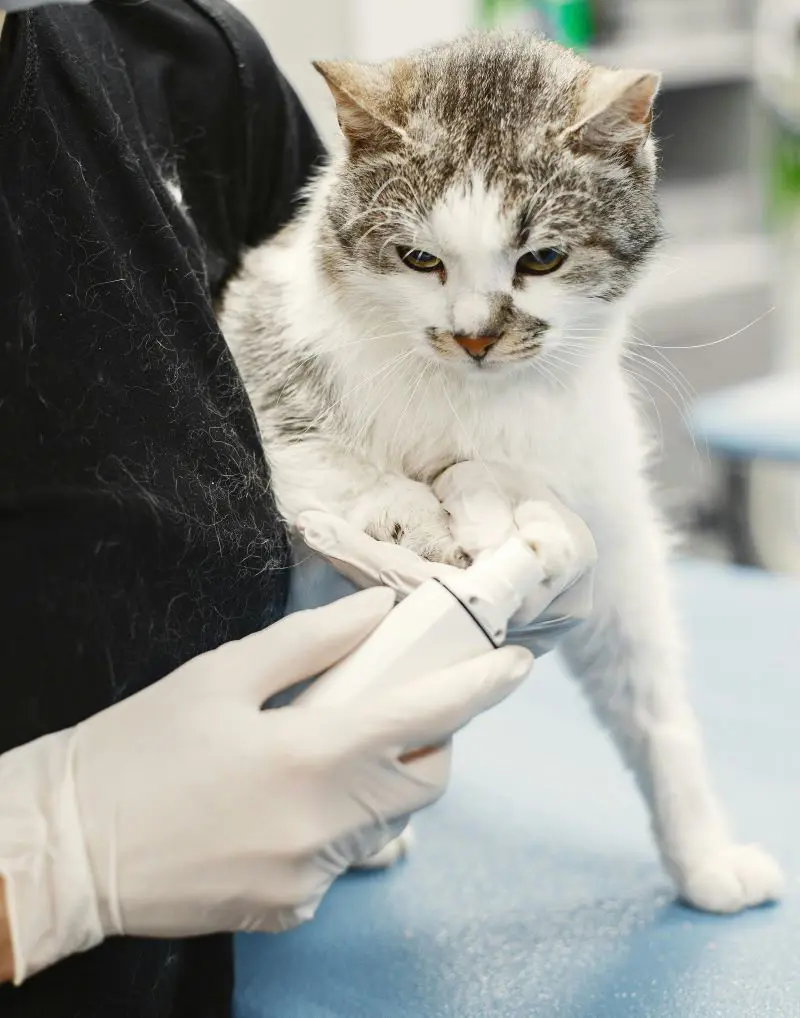
Cats may be pasive for one or two days as their immune system responds to vaccinations. The vaccine stimulates the immune system to produce antibodies against the diseases while causing discomfort.
Like humans, they may experience soreness at the injection site, a slight fever, and reduced energy levels. Some cats might have mild reactions such as lethargy, low-grade fever, or pain, which is a normal response as the immune system reacts to the vaccine. They usually vanish within a day or two in the case of healthy cats.
5. Dental Disease
Issues such as decaying teeth or any periodontal disease can cause discomfort in cats. The cats may feel lethargic resulting in inflammation, infection, and difficulty eating, further decreasing energy levels.
Other issues like inflamed gums, abscessed teeth, or fractures can also make cats reluctant to eat, groom, or engage in any activity, causing lethargy. Making their chewing uncomfortable, can lead to loss of appetite and further make cats lethargic with no energy stored in an empty stomach. You should take your feline for regular dental check-ups and cleanings to prevent dental issues and maintain proper dental hygiene.
6. Obesity
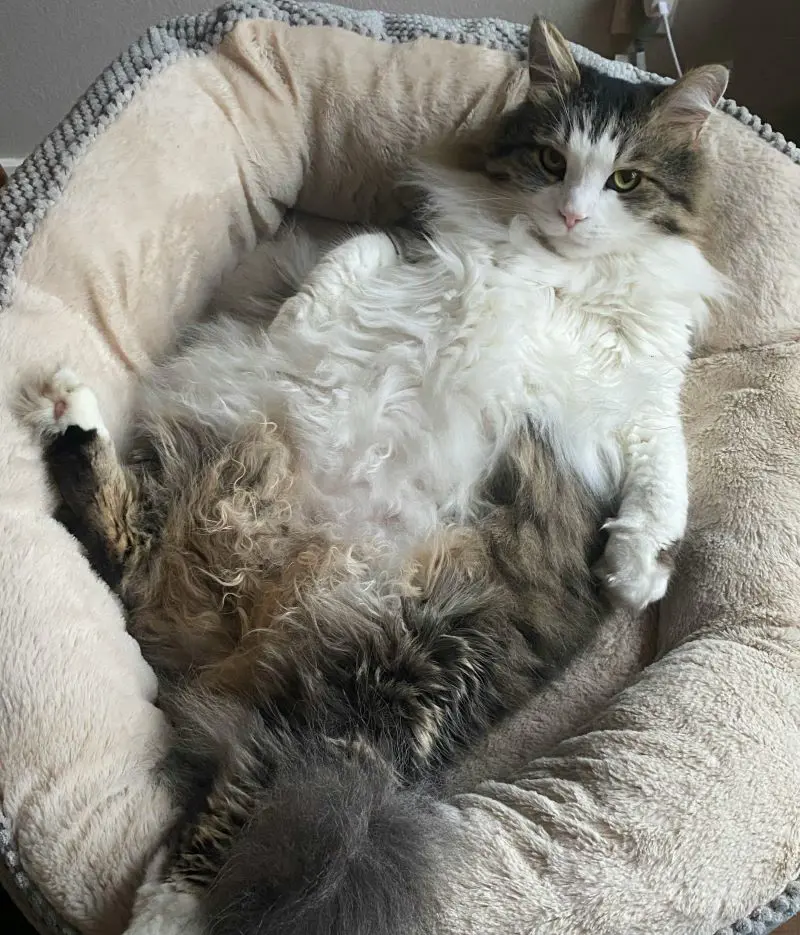
If your cat is obese or is carrying excess weight, it can cause them to feel tired, leading to lethargy. The excess weight can cause joint stress, difficulty breathing, and overall discomfort, leading to decreased activity levels in cats.
If you want your cat to be healthy and escape from lethargy, you can prepare proper dietary management, increased physical activity, and medical interventions. Managing their weight helps to increase their energy levels reducing pain in the body and restricting health issues such as diabetes and arthritis.
7. Dehyrdation
Dehydration can cause a sense of fatigue and dullness causing your cat to feel lethargic resulting in vomiting, diarrhea, and kidney issues. When a cat is dehydrated, their body lacks adequate fluids to perform essential functions.
Without containing water, their body struggles to supply nutrients and oxygen to cells smoothly, resulting in diminished cellular function. Also, the lack of oxygen and nutrients makes cats lethargic. They also conserve water by reducing its activity levels, as physical release increases fluid loss through respiration during physical activities.
8. Lack Of Physical Exercises

Cats are natural prey hunters and need regular physical activity to maintain their physical and mental health. Without sufficient exercise, their muscles and cardiovascular system may be weak leading to a decrease in stamina and overall energy levels.
Also, the lack of physical exercise in cats leads to a feeling of boredom, making them obsess due to inactivity adding strain on the body and exacerbating fatigue. Then they started to gain weight making it difficult to move further and making them more lethargic. Therefore, you should provide enough physical and mental exercise to your feline friends to keep them active throughout the period to prevent lethargy.
9. Stress And Anxiety
Cats are sensitive animals and the significant changes in their environment and disturbances to their routine or any stressful events can cause them to feel anxious, resulting in lethargy.
Activities such as moving to a new home with the owners, getting a new feline friend, or any pets are some of the common factors that can cause lethargy in cats. When they are shifted to new surroundings or any changes in routine, they feel that they are being neglected by their owners and start to feel anxious and stress so that they will hide out and becomes inactive making them more lethargic.
10. Depression
Like humans, cats can also get depression and it's somehow similar to what humans experience in their daily lives. Cat depression is a complex condition that affects mood and behavior, resulting in behavior change.
It can be caused by various factors such as major life changes, loss of a companion either human or feline, or any other underlying health issues. If they suffer any loss of their companions or any major life changes, they find it difficult to adapt to changes and start to feel depressed causing them to feel lethargic.
11. Older Age

When most of the cats reach their senior years, they start to slow down becoming inactive and rest more, reducing their physical activity level. As they grow older, their metabolism starts reducing and they may feel muscle loss or joint and mobility issues making them passive cats.
Their bodies may not process proper nutrients efficiently into their body leading to decreased energy levels and causing weakness in the body, This weakness can make physical activities more tiring and less appealing, leading to decreased activity levels. The decreased activity levels make them more contributing to suffer from lethargy.
12. Arthritis
Cats may significantly suffer from arthritis due to their declining in age factors impacting their quality of life as they grow old. If a cat has arthritis, they can suffer pain and discomfort in the affected joints making their movement difficult and unpleasant, reducing their activity levels.
Also, simple activities like climbing stairs, jumping, or stretching can become challenging tasks for the cats due to stiffness and swelling around the joints limiting their range of motion. The reduced motion can cause cats to decrease their energy and activity levels and lose muscle and fatigue causing them to suffer from mild lethargy.
13. Hairballs
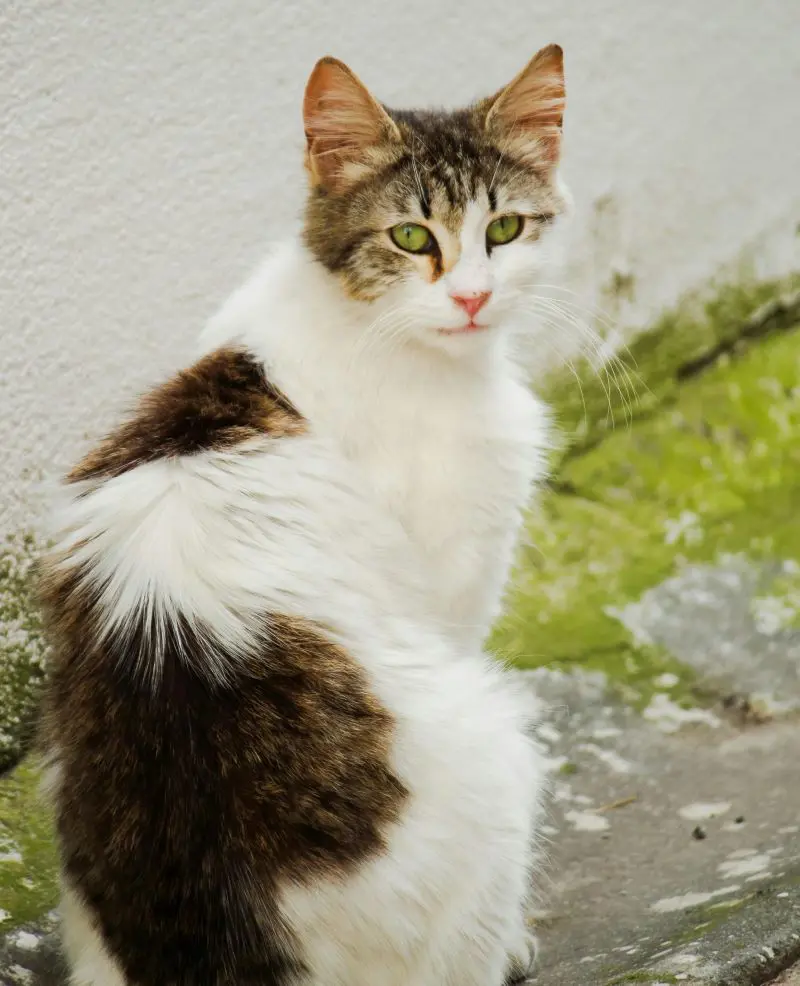
When cats ingest hairballs while grooming themselves, the hairballs usually accumulate in their digestive tract causing pain in the digestive system. If a hairball becomes large like a ball, it can cause obstruction and lead to severe problems causing lethargy.
As these objects block or irritate the stomach and intestines, the cats may experience nausea, vomiting, or constipation causing reduced appetite and overall fatigue making the cat less active. This abdominal discomfort in the stomach makes the cat feel lethargic and withdrawn. The frequent vomiting and changes in appetite also can cause lethargy in cats.
14. Poisoning
When cats eat or ingest any foreign toxic substances, they can lead to various diseases including lethargy. Most of the toxic substances when eaten affect vital organs such as the liver, kidneys, and heart leading to organ dysfunction and making cats lethargic.
The poisons also interfere with the body's normal metabolic process creating imbalances such as electrolyte disturbances or pH imbalances in the body, making them feel fatigued and weak. Also, some toxins when eaten can cause gastrointestinal upset, causing the felines to vomiting, diarrhea, and abdominal pain. These symptoms when seen frequently shows the sign that your cat is feeling lethargic and needs immediate attention.
15. Respiratory Issues
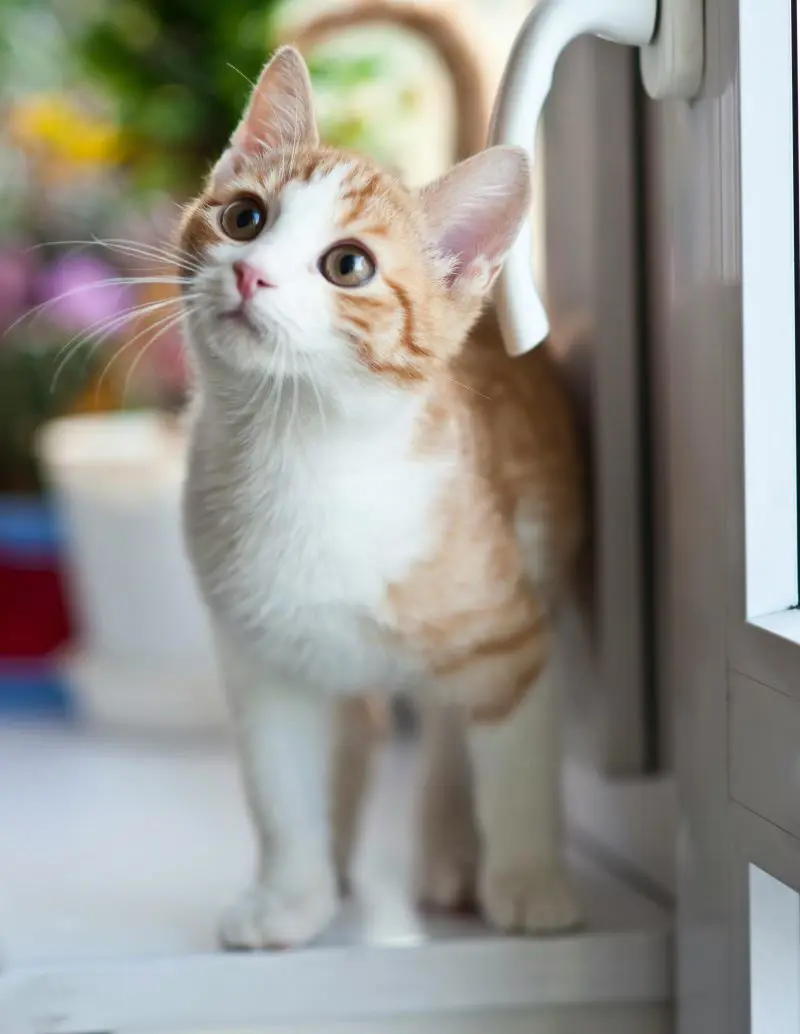
If a cat can't breathe properly, the blood may not be oxygenated well enough and their muscles, tissues, and organs may lack oxygen. When they face respiratory problems, their overall energy levels and activity are significantly reduced.
As their lungs or airways get obstructed, oxygen absorption can compromise, reducing the oxygen levels in the blood, and making them feel weak and less active in normal activities. They may struggle to breathe such as increased respiratory rate or open-mouth breathing, further contributing towards lethargy.
16. Parasites
If your cat has fleas, ticks, and worms, they can disturb the cat's metabolism and cause a lack of energy resulting in lethargy. Internal parasites such as roundworms, hookworms, and tapeworms upset the digestive tract where they fight for nutrients leading to loss of appetite and reduced energy levels.
Also, fleas can cause anemia or allergy dermatitis, whereas ticks can cause Lyme disease, which results in fever, joint pain, and lethargy. They can cause diarrhea and abdominal pain because of fatigue and dehydration.
17. Gastrointestinal Disorders
When the cat's digestive system is upset, conditions such as gastritis, inflammatory bowel disease, or gastrointestinal infections can be seen in cats causing nausea, vomiting, and diarrhea making them feel weak.
When your feline can't keep its food down or has frequent painful bowel movements, it feels malnourished, which directly reduces energy levels and results in fatigue. Additionally, the inflammation, infection, or irritation within the digestive tract can lead to conditions such as high fever, malaise, and feelings of lethargy in cats. This makes them less active and more inclined to rest.
18. Poor Nutrition

The cats should intake adequate nutrition to maintain their overall health and increase energy levels for daily physical or mental activities. If they are getting inadequate nutrition such as protein, carbs, fats, vitamins, and minerals needed for energy production in the body, their body can't perform optimally.
The deficiency can cause muscle weakness, fatigue decreased activities, and getting more rest. Also, poor nutrition can make cats vulnerable to infections and affect the immune system therefore a proper balanced diet is essential for their overall well-being.
19. Neurological Disorders
If their brain is not working properly, the common sign that is seen is lethargy causing discomfort for the cats. The disorders can disturb the normal functional work of organs like the brain, spinal cord, and nerves causing lethargy.
When the brain is affected, it can't properly process cognitive processes and energy levels hampering its ability to process sensory information or regulate motor functions. Also, another condition that can be seen is having seizure attacks making them more lethargic, during and after an episode. They may feel less reactive as they try to recover from the seizures.
20. Bites By Other Cats
When your cat gets bitten by other cats, it can make them feel pain, infection, and systemic reactions, leading to lethargy. The immediate pain from the bite can make the affected cat reluctant to move or engage in normal physical activities.
They need to rest more, decreasing their energy levels when they try to avoid further pain. The cat's bites commonly result in abscesses, which are localized infections that form pus-filled pockets. Their bodily response to infection can decrease the cat's energy making them less active. Also due to their reduction in mobility because of enough rest time, they can feel pain in their legs or paws while walking making them more inactive and dull.
Top Lists



